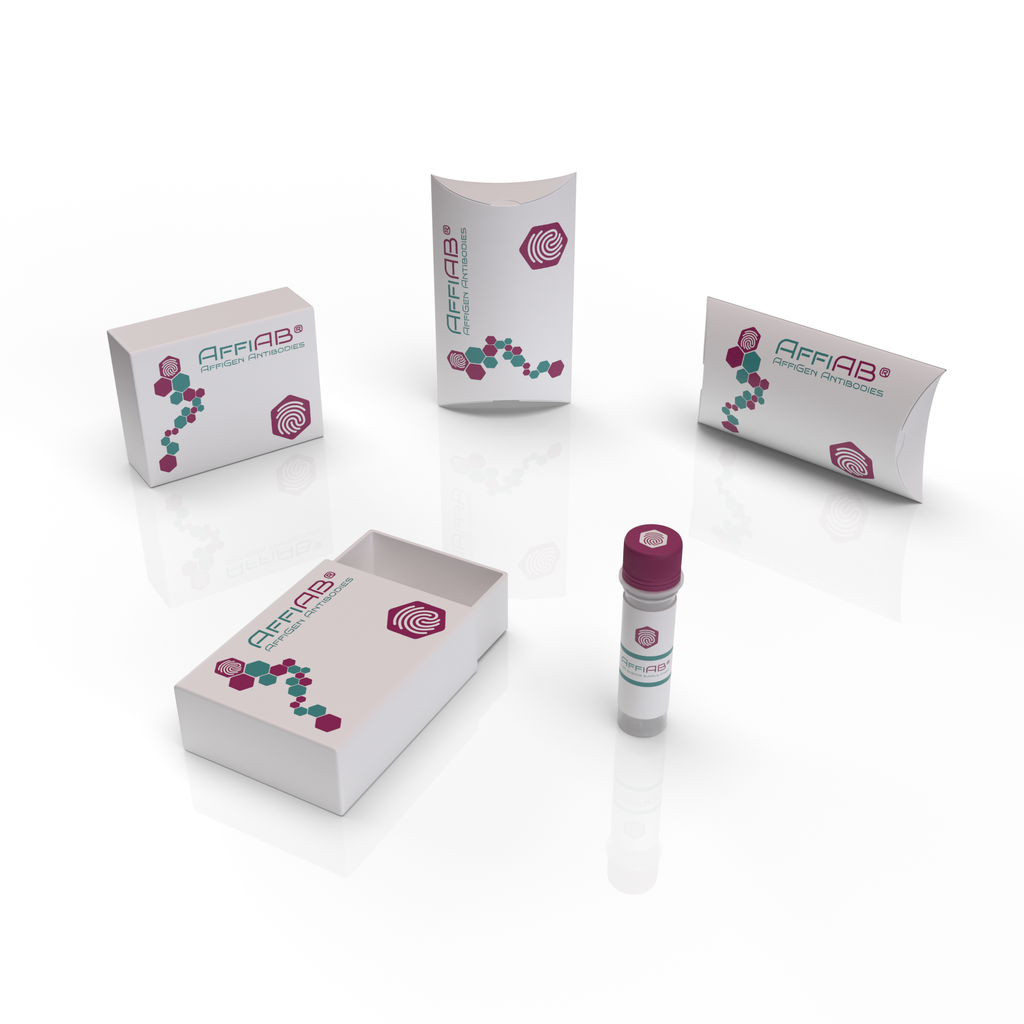ADIPOQ Antibody: A Technical Overview
The ADIPOQ antibody targets adiponectin, a key adipokine secreted by adipose tissue, primarily known for its role in regulating metabolic processes such as glucose regulation, fatty acid oxidation, and insulin sensitivity. ADIPOQ (adiponectin) has been widely studied for its potential in modulating obesity-related conditions, insulin resistance, and inflammation, with its levels inversely correlated with obesity, insulin resistance, and type 2 diabetes.
Structure and Function of ADIPOQ
Adiponectin is a multimeric protein primarily secreted by adipocytes, existing in three distinct forms: trimer, hexamer, and high-molecular weight (HMW) complex. The ADIPOQ gene, located on chromosome 3, encodes a protein of 244 amino acids in its precursor form, which is subsequently cleaved to produce biologically active forms. These forms exhibit varying roles in cellular signaling pathways, contributing to its effects on lipid metabolism and glucose homeostasis.
Adiponectin receptors, AdipoR1 and AdipoR2, play a critical role in mediating adiponectin's effects through downstream signaling cascades involving AMP-activated protein kinase (AMPK), peroxisome proliferator-activated receptor-α (PPAR-α), and others. This signaling regulates cellular responses such as glucose uptake, fatty acid oxidation, and anti-inflammatory effects, particularly in skeletal muscle and liver tissue.
ADIPOQ Antibody: Applications in Research
The ADIPOQ antibody is used extensively in research and clinical studies to investigate adiponectin's physiological roles and its involvement in metabolic diseases. Some of the most notable applications of ADIPOQ antibodies include:
- Western Blotting: For detecting adiponectin expression in adipose tissue, skeletal muscle, liver, and other relevant tissues. ADIPOQ antibodies serve as reliable tools to measure protein expression levels of both the full-length and cleaved forms of adiponectin.
- Immunohistochemistry (IHC): Used to visualize the localization of adiponectin in tissue samples, particularly in the context of adipose tissue and inflammatory conditions.
- Enzyme-Linked Immunosorbent Assay (ELISA): Quantifies adiponectin concentrations in biological fluids like plasma, serum, and synovial fluid. ADIPOQ antibodies facilitate sensitive and specific detection in these assays, aiding in the study of adiponectin's association with various diseases.
- Immunoprecipitation (IP): Employed for isolating adiponectin from complex samples, facilitating the study of its interactions with other proteins, receptors, and signaling molecules.
- Flow Cytometry: In some cases, ADIPOQ antibodies are utilized in flow cytometry experiments to quantify adiponectin expression on the surface of specific cell types, such as adipocytes.
ADIPOQ Antibody in Metabolic Diseases
Adiponectin levels are typically reduced in individuals with metabolic syndrome, obesity, and type 2 diabetes, making ADIPOQ antibodies a valuable tool in clinical research. Studies have shown that adiponectin's anti-inflammatory properties, particularly in attenuating pro-inflammatory cytokines like TNF-α and IL-6, are critical in mitigating insulin resistance and improving insulin sensitivity. The ADIPOQ antibody is therefore invaluable in assessing the impact of adiponectin in diseases like:
- Obesity: Lower adiponectin levels correlate with increased body fat percentage and metabolic abnormalities.
- Type 2 Diabetes: Insulin resistance in type 2 diabetes is associated with lower adiponectin levels.
- Cardiovascular Diseases: Adiponectin has been shown to have protective effects on the endothelium and may reduce atherosclerosis.
Advancements in ADIPOQ Antibody Usage
Recent developments in ADIPOQ antibody technologies have focused on improving sensitivity, specificity, and applications. The development of monoclonal ADIPOQ antibodies has allowed for more precise quantification and detection in various experimental setups. Moreover, ADIPOQ antibody-based techniques have contributed to the exploration of potential therapeutic targets for metabolic diseases, including compounds aimed at increasing adiponectin levels to combat insulin resistance.
Conclusion
The ADIPOQ antibody is a powerful tool for the investigation of adiponectin's multifaceted roles in regulating metabolic processes, including glucose metabolism, fatty acid oxidation, and inflammation. Its applications in research span multiple techniques, including Western blotting, ELISA, and immunohistochemistry, making it indispensable in studying adiponectin-related diseases. As the understanding of adiponectin's biological functions continues to evolve, the ADIPOQ antibody will play an integral role in the development of therapeutic strategies for conditions such as obesity, insulin resistance, and cardiovascular disease.

